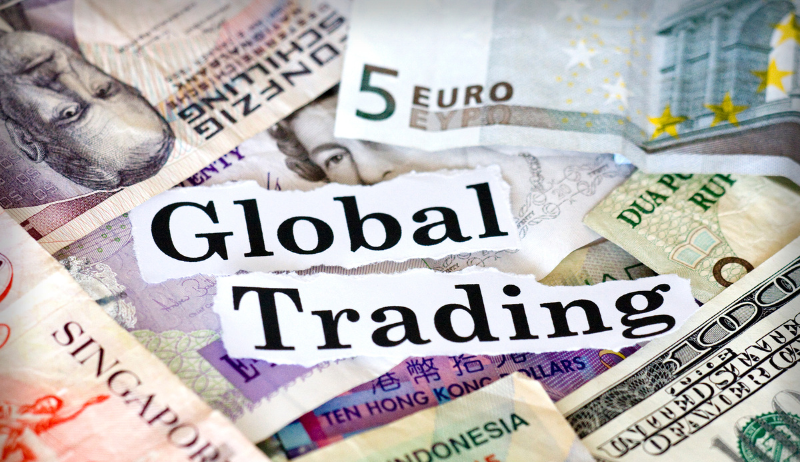Indonesian Skipjack Tuna Trade: Meeting Global Demand Through Sustainable Practices
December 17, 2024

Indonesian Skipjack Tuna Trade: Meeting Global Demand Through Sustainable Practices
Indonesia position as a global leader in the skipjack tuna industry combines traditional expertise with modern sustainable practices. As the world largest archipelagic nation, Indonesia rich marine resources and commitment to sustainability are reshaping international tuna trade.
Growing Global Demand
Market Drivers
- Rising health consciousness among consumers seeking high-protein, low-fat food options worldwide
- Increasing popularity of Asian cuisine, particularly sushi and sashimi in international markets
- Growing demand for certified sustainable seafood products in developed markets
- Expanding middle-class populations in emerging economies driving consumption
- Strong preference for quality-assured and traceable seafood products
Sustainable Fishing Practices
Traditional Methods Meeting Modern Standards
- Implementation of pole-and-line fishing techniques to minimize environmental impact
- Establishment of FAD-free fishing zones to protect marine ecosystems
- Integration of advanced vessel monitoring systems for better fishing ground management
- Strict adherence to seasonal fishing restrictions and quotas
- Regular environmental impact assessments and habitat monitoring
Quality Control and Processing
International Standards Compliance
- Operation of HACCP-certified processing facilities ensuring food safety
- Implementation of advanced cold chain management systems
- Regular quality control inspections and product testing
- Modern packaging solutions for extended shelf life
- Continuous monitoring of processing parameters
Market Access and Trade Relations
Global Reach
- Strategic partnerships with major importing nations worldwide
- Compliance with international trade regulations and standards
- Development of value-added products for specific markets
- Implementation of blockchain technology for supply chain transparency
- Enhancement of digital marketing and direct-to-consumer channels
Certification and Compliance
International Recognition
- Marine Stewardship Council (MSC) certification for sustainable practices
- EU HACCP compliance for European market access
- FDA registration enabling exports to the United States
- FSSC 22000 certification for food safety management
- Friend of the Sea certification for environmental protection
Community Development
Social Impact
- Implementation of fair labor practices and wage systems
- Investment in local fishing communities and infrastructure
- Development of training programs for sustainable fishing methods
- Support for traditional fishing communities
- Creation of long-term employment opportunities
Future Outlook
Innovation and Growth
- Investment in renewable energy for processing facilities
- Development of new eco-friendly packaging solutions
- Expansion into emerging markets with growing demand
- Enhancement of traceability systems using latest technology
- Strengthening of international trade partnerships
Conclusion
Indonesia skipjack tuna industry exemplifies how traditional fishing heritage can successfully merge with modern sustainable practices. By maintaining high standards in quality control, sustainability, and international compliance, Indonesia continues to strengthen its position as a leading and responsible supplier in the global seafood market. Through ongoing innovation and commitment to environmental stewardship, the industry is well-positioned to meet growing global demand while ensuring the long-term health of marine resources.

 English
English Chinese
Chinese